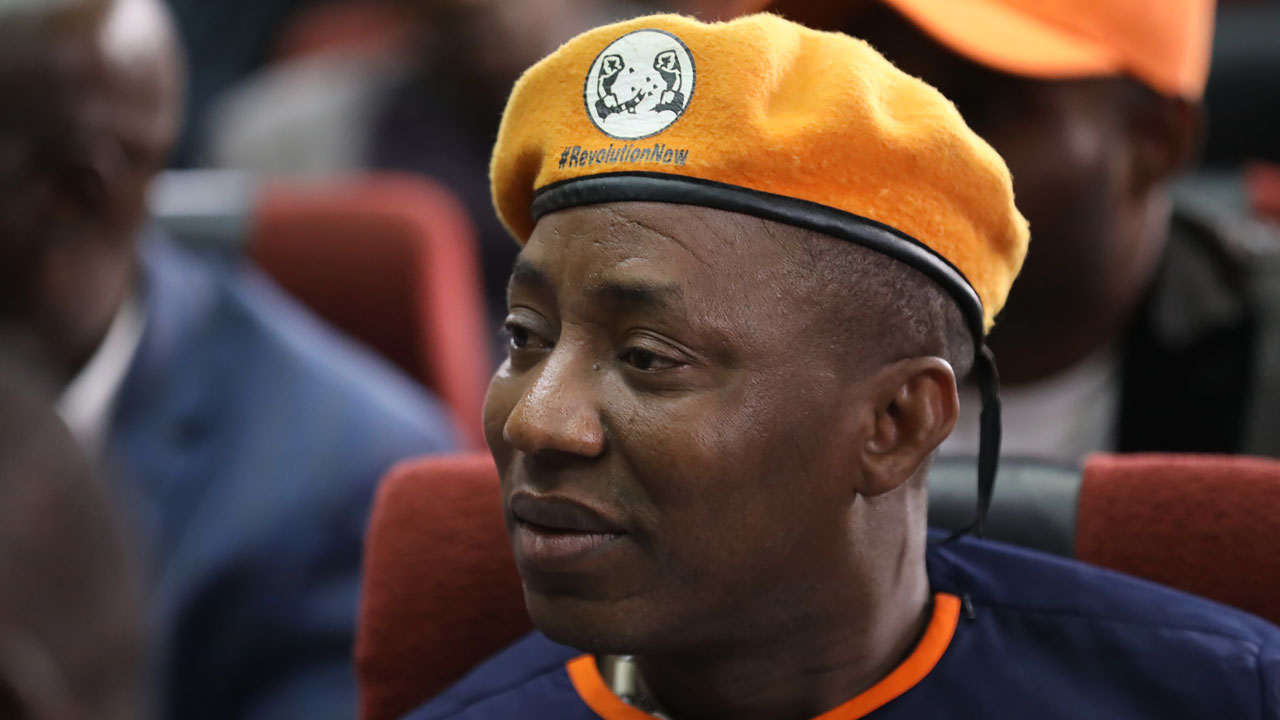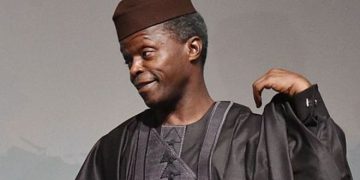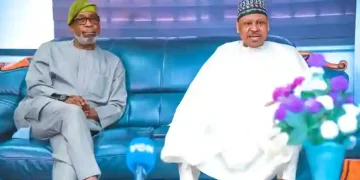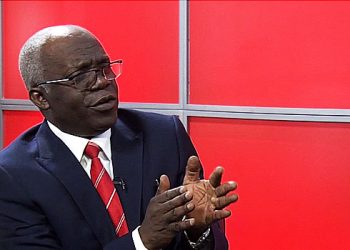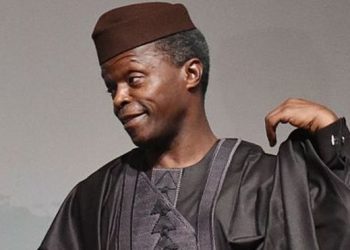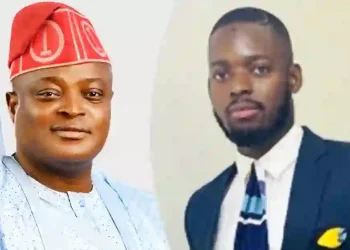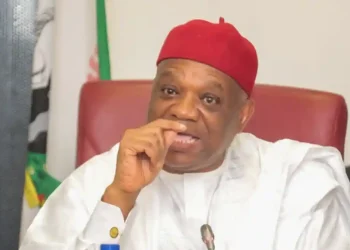As I reflect on my childhood memories of Nigerian Independence Day, I’m filled with a mix of emotions. Growing up, October 1st was a day of jubilation, marked by vibrant parades, cultural performances, and a sense of national pride. I vividly remember the excitement of participating in match past competitions, waving green-white-green flags, and proudly identifying as a Nigerian.
However, this year’s celebration was different. The usual fanfare and enthusiasm were noticeably absent. Many Nigerians, both at home and abroad, seemed disillusioned with the state of the nation.
The economic hardship, insecurity, and perceived lack of progress have taken a toll on our collective psyche. I received messages from friends and family members expressing anger and frustration, questioning why I would celebrate Nigeria’s Independence Day on my socials, when there seems to be so much to be disheartened about.
As one friend aptly put it, “Wetin great about this country?”The other person said, “What’s there to celebrate when our country is struggling to provide basic necessities for its citizens?” and finally ended it by saying, he’s denouncing his citizenship.
As a child, I was oblivious to the challenges facing our Nation. I saw Nigeria through the lens of innocence, where the celebration of independence was a time for Joy, Unity, and Pride. But as I grew older, I began to notice the cracks in our national fabric. The economic struggles, corruption, and insecurity which became a persistent threat.
Despite these challenges, I still held onto the hope that Nigeria would rise above its problems and become the giant of Africa it was meant to be. As I navigated the mixed reactions to this year’s Independence Day celebrations, I couldn’t help but reflect on my own relationship with Nigeria. Despite the challenges, I still believe in the potential of our great nation.
I believe in the resilience and determination of the Nigerian people. I believe that with visionary leadership, effective policies, institutional reforms, youth empowerment/engagement and collective effort, Nigeria can overcome its challenges and achieve its full potential.
So what’s the way forward for us Nigerians? To move forward, Nigeria needs to prioritize;
- Unity and Collective Responsibility: Nigerians must put aside their differences and work towards a common goal.
- Good Governance: The government must demonstrate transparency, accountability, and a commitment to addressing the nation’s challenges.
- Economic Revitalization: The government should implement policies that stimulate economic growth, invest in infrastructure, and promote entrepreneurship.
- Social Safety Nets: Institutional strengthening, security reforms, and social safety nets can help alleviate the suffering of Nigerians and foster a sense of unity and shared purpose.
- Youth Empowerment: The government should invest in education, skills development, and job creation programs to empower the next generation of Nigerians.
Despite the challenges facing Nigeria, there are many reasons to be hopeful. The country’s youthful population, rich cultural heritage, and growing entrepreneurial spirit are just a few factors that can drive progress.
By working together and promoting good governance, Nigeria can overcome its challenges and achieve its full potential.
As Governor Seyi Makinde of Oyo State noted, “Those tendencies that divide us must be suppressed; we must lift up the tendencies that unite.”
Unity is essential for Nigeria’s progress, and it’s time for citizens to put aside their differences and work towards a common goal. By doing so, we can build a brighter future for ourselves and future generations.
As I look to the future, I’m reminded of the words of Nelson Mandela, “The greatest glory in living lies not in never falling, but in rising every time we fall.”
Nigeria has fallen, but it can rise again. It’s time for us to come together, put aside our differences, and build a brighter future for ourselves and future generations.
Nigerian independence is a complex celebration, marked by both pride and disillusionment. However, as we celebrate our 65 years of independence, it’s a moment to reflect on the country’s journey(the nations achievements and setbacks) with a sense of optimism and look towards the future with hope and determination.
In the words of the President, President Bola Ahmed Tinubu (GCFR), “let all hands be on deck. Let us believe, once more, in boundless potential of our great nation.”
I believe With collective effort and responsible leadership, Nigeria can realize its full potential and become a beacon of hope and prosperity in Africa.
I believe that together, we can build a better Nigeria we all envision, a Nigeria for us all.

Folami David is a dynamic journalist who views the world through an analytical lens, translating complex narratives across multiple industries into compelling stories. With an insatiable appetite for information and a keen eye for emerging trends, Folami specializes in uncovering the interconnections between technology, business, culture, and society.




